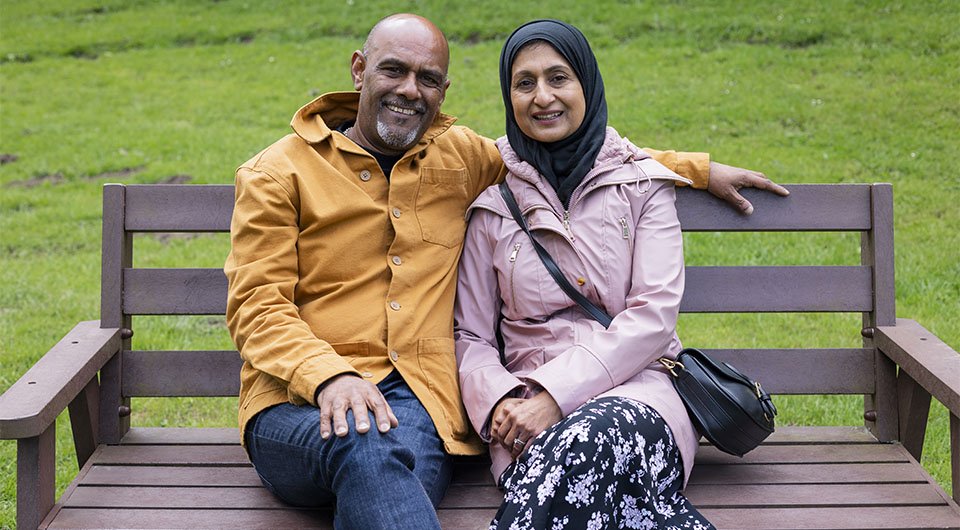What is young onset dementia?
Dementia is described as ‘young onset’ when symptoms develop before the age of 65, usually between 30 to 65 years of age.

Gaining an accurate understanding of how many people are affected by young onset dementia is challenging for a number of reasons including:
Although improvements are underway, the numbers of people with young onset dementia are likely to be an underestimate.
People diagnosed with dementia under the age of 65 who live beyond 65 years still need to be counted but often ‘drop off ’ dementia statistics. They need to continue to be identified as ‘young onset’ because they continue to have specific needs due to their stage of life at diagnosis and because they may have a rarer form of dementia.
For more information about diagnosis and prevalence visit the research section of our website.
The types of dementia commonly diagnosed in younger people with dementia are different to older people.
The Angela Project, the largest study of young onset dementia ever carried out in the UK looked at how diagnosis and post-diagnostic support for people living with young onset dementia could be improved. Its findings showed that:
See our Young onset dementia pathway for more detailed information. It sets out recommendations which are designed to guide policy makers, commissioners, practitioners in designing and delivering services.
Dementia is described as ‘young onset’ when symptoms develop before the age of 65, usually between 30 to 65 years of age.
There is inequitable variation in the provision of services for people with young onset dementia which needs to be challenged.
Joining the Young Dementia Network is free. Members receive our regular e-newsletter informing them about the Network and young onset dementia news, research and events.